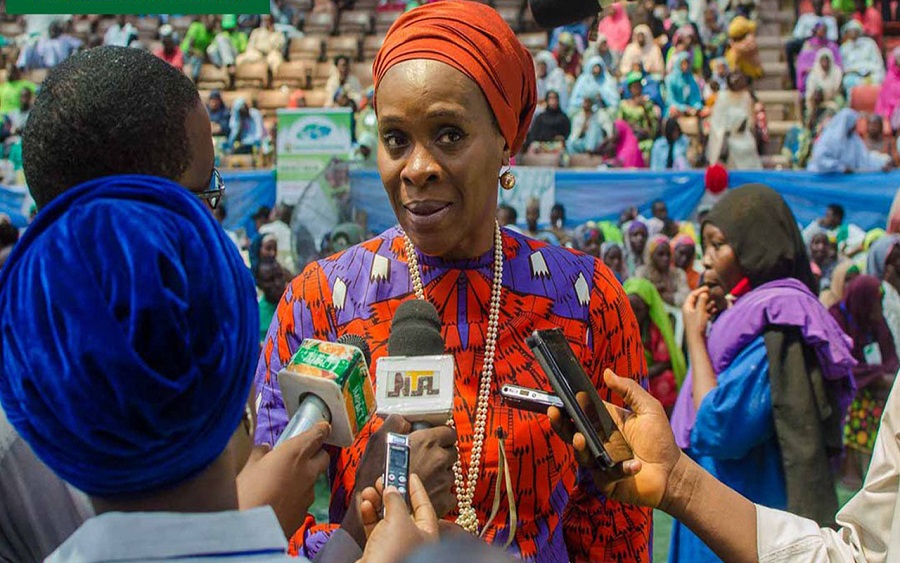The Chief Executive Officer (CEO) of Nigerian Consumer Credit Corporation, Uzoma Nwagba, has stated that about 1.8 million Nigerians have indicated interest in the Consumer Credit Scheme since its launch in April 2024.
He stated this during an interview on CNBC Africa, where he explained that structural problems around data and trust deficiencies are mitigating against effective and widespread consumer credit to Nigerians.
According to him, the data from the expression of interest so far indicates that there is a huge appetite for the product among civil servants and students despite commensurate programs suh as the Student Loan Fund.
He stated, “The expression of interest became a way for Nigerians to not just essentially let us know that they want to get consumer credit but also let us know about themselves. As at today, we are getting closer to the 1.9 million people who have done that expression of interest to receive that consumer credit support.”
“And in that list, we see people across every state of the country and 90% of the LGAs were represented in that expression of interest and we are learning so much from that data. Some of the things we are learning is that civil servants particularly want to buy homes and pay over the course of their service.”
Furthermore, he explained that the problem of consumer credit in Nigeria is related to the lack of data and infrastructure to track credit performance among Nigerians, which leads to trust deficit by financial institutions.
What you should know
Last month, President Bola Tinubu launched the first phase of the consumer credit scheme with civil servants the major beneficiaries in this phase.
- The scheme is one of the campaign policies of the President Tinubu and comes amidst Nigerians borrowing over N740 billion in the first nine months of 2023.
- The Nigeria Consumer Credit Corporation (CREDICORP) has launched a portal for Nigerians to express their interest in obtaining consumer credit.
- CREDICORP, a federally-owned entity, aims to increase consumer credit availability to 50% of Nigeria’s working population by 2030.
- In the 2024 budget, the Federal Government earmarked N100 billion for the takeoff of the scheme. However, according to the Central Bank of Nigeria (CBN)’s quarterly economic reports, consumer credit increased from N2.31 trillion at the end of the fourth quarter (Q4) of 2022 to N3.05 trillion by the end of the third quarter (Q3) of 2023.
- This represents a 32% rise, amounting to N740 billion over nine months. Personal loans accounted for 74.8% of this consumer credit, while retail loans made up the remaining 25.2%.






















help to the farmer